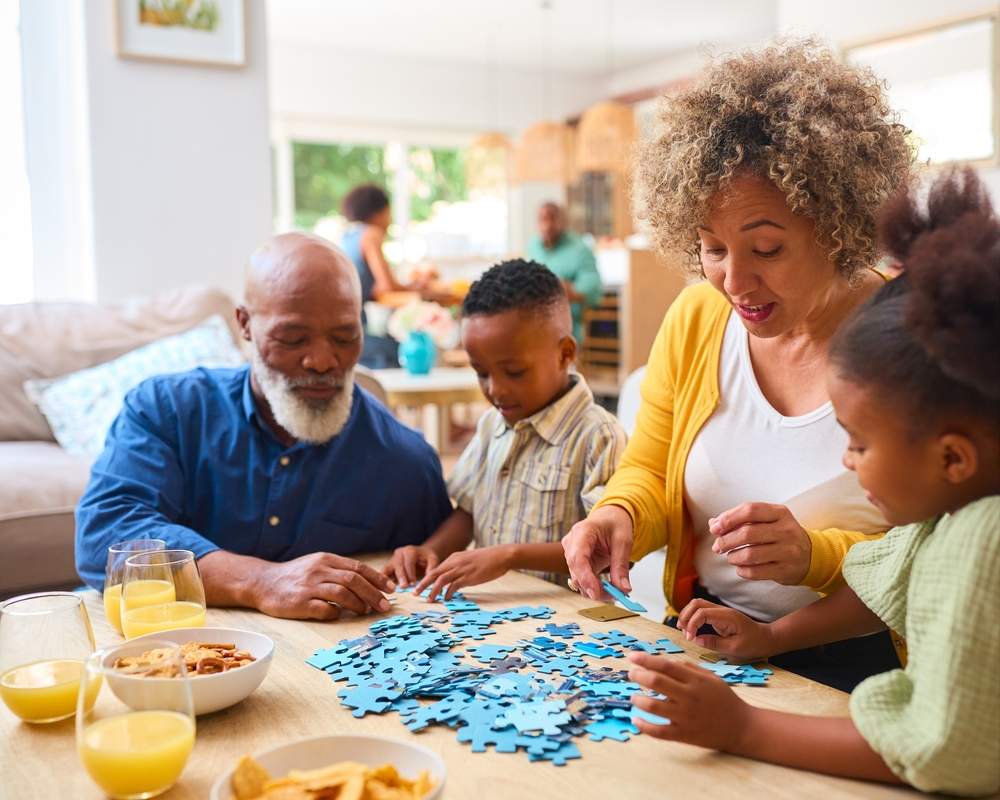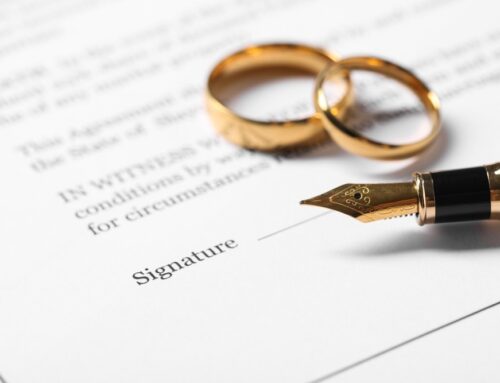Withholding Grandchildren – Do Grandparents Have Rights?
We all know that family life can be complicated. This is particularly heightened when children are involved. In most cases, everyone in the family wants what’s best for the child/or children. This is why it can be particularly painful when a child you’re related to is withheld from you. Whether there’s a good reason or not, it doesn’t change the emotional impact that this can have on the adult and children involved.
Grandparents can play an important role in their grandchildren’s lives. But there are some cases where family breakdowns and fallouts can lead one or both parents to withhold their children from seeing their grandparents. As painful as this situation can be, sometimes the best option is to get a professional mediator to help come to a solution.
Grandparents do have options when it comes to gaining access to their grandchildren. If it comes to the stage where a resolution seems impossible, it might be time to get some professional help. But we’ll get into that later. Firstly, let’s discuss where the law stands on grandparent’s rights.
What Rights Do Grandparents Have?
In terms of grandparents’ rights, legally they do not have automatic rights to their grandchildren. As disappointing as that might sound, parental rights are the things that give someone legal access to their children. This means that to have automatic rights, you must be a parent or guardian of a child.
That being said, the legal system understands that the relationship between grandparent and grandchild plays a vital role in a child’s life and gives them the opportunity to understand their family origins. Although the rights aren’t automatic, which means parents can legally withhold their children from their grandparents, this doesn’t mean there’s nothing that can be done about it.
In general, the courts will take into consideration what is the best outcome for the child. Understanding the importance of the relationship, and how not seeing their grandparents can be detrimental to them, as long as there is no obvious risk to the child by seeing their grandparents, there are options.
What Options Do Grandparents Have?
Like most situations surrounding family relationships, before someone takes the legal route, it’s always worth seeing if people can come to an agreement. It’s important to remember the impact that family breakdowns can have on everyone involved, and although this is an emotional situation, being able to put your feelings to one side and do what’s best for the children is preferable. There are a few options to consider when it comes to trying to gain access to your grandchildren:
- Informal resolution – As grandparents don’t have legal rights, coming to an agreement with the parents, or people who have parental rights is the first step. This may take some compromise, but ultimately the goal is to find a way that the grandparents can have contact with their grandchild that the parents are comfortable with. If this has been tried, and no agreement has been possible, or tensions are so high that the conversation can’t be broached in the first place, it’s time to get some help.
- Mediation – There are many family mediation services that can be used to help resolve issues. Having someone who’s emotionally removed from the situation, can offer solutions to what seems like an impossible situation. Mediation is our first port of call when it comes to family disputes. In most cases, you need to attend mediation before you can apply for a court order. If you’re looking for an experienced family mediator who is trained to help with family disputes, we’re here to help.
- Court Proceedings – If all else has failed, and no resolution has been reached, it may be time to make an application to the courts in order for the grandparents to gain access to their grandchildren. Taking this route can be a daunting process, but having the right legal guidance can make all the difference.
What to Expect If You Go to Court
If this was a parent trying to get access to their child, they would need to get a child arrangement order. But as this is grandparents, the process is slightly different, as they don’t have parental responsibility.
If you’ve attended a mediation and there is still no resolving the issue, it’s time to make an application to court. You will need to fill out a C100 Application Form, and send it to your nearest family court. The person who facilitated the mediation must also sign the form, and there is a fee included. As grandparents do not have parental responsibility, permission to make the application must be sought. This will usually be considered by the Judge at the first hearing. If permission is not granted, the application will not proceed further.
The courts will look at a variety of factors to get a clear picture of the situation. These include:
- The relationship between the child and grandparent.
- The reasons why the contact has been stopped between grandchild and grandparent.
- Whether the impact of the order will affect the family positively or negatively.
- Depending on the child’s age, they will also look at whether or not the child wants to have contact with their grandparent.
Ultimately, the goal of the courts will be finding what’s in the best interests of the child. The court will decide whether the grandparent can have contact with the child, and what kind of contact. It’s also worth noting that the parents can object to the order, which means you will have to attend a hearing.
We understand that going to court with members of your family is the last thing you want to do. Especially when there’s a child involved, but sometimes it’s the only way if other options have been exhausted. It’s crucial to get the right legal advice before embarking on this kind of journey, and that’s where we come in.
How Can We Help?
When you’re dealing with issues like your grandchild being withheld from you, it can cause a huge amount of mental and emotional strain. Worrying about family relationships can seep into every area of your life, that’s why getting the right legal support can make all the difference. At Barrett and Co, we understand the complexities of family law, and will deal with your issue sensitively and professionally. We’re here to help you understand that you don’t have to do this alone, so get in touch with one of our experienced family law solicitors, and see how we can help you today.





